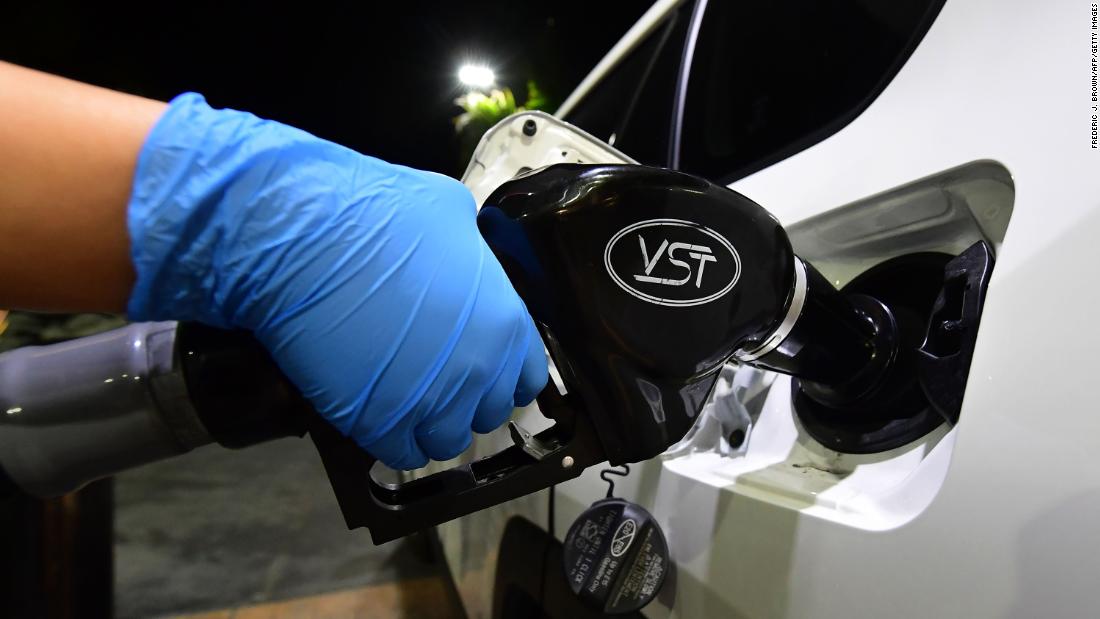
Stocks next week: $ 3 gasoline could be around the corner – unless OPEC and Russia start pumping more oil
Investors are betting that the pandemic will soon be brought under control – which, in turn, will unleash pent-up demand for road trips, cruises, flights and other oil-consuming activities.
OPEC + may soon announce that the market is now healthy enough to ramp up production this spring.
“Given the attractiveness of the higher prices, there should be more supply in the market,” said Ryan Fitzmores, energy analyst at Rabobank.
“Given where the prices are, how would anyone tell Russia that they need to curtail production?” Jim Mitchell, chief US oil analyst at Refinitiv said.
There are several good reasons for OPEC + to release more barrels.
First, higher prices mean that countries like Saudi Arabia that depend on oil to balance their budgets can generate much-needed revenue.
Strategists at Bank of America told clients in a recent note that OPEC + will “maintain market share” by pumping more soon. In the second quarter alone, Bank of America expects OPEC + to add more than 1.3 million barrels per day of supply.
There is another reason OPEC + wants to act before it is too late: self-preservation.
If gasoline prices continue to rise and reach $ 3 a gallon – and more – that will only accelerate clean energy investments and convince more drivers to abandon gas-intensive SUVs for electric cars.
“If oil rises to extreme levels, it only helps the renewables story and cuts off the demand for oil,” said Fitzmores of Rabobank.
Switching to electricity means more expensive recalls
The numbers: The withdrawal of Hyundai will cost a trillion Korean won, or $ 900 million. On a per vehicle basis, the average cost is $ 11,000 – a great astronomical number to remember.
The episode hints at how the disadvantages of electric cars could lead to prohibitive costs for carmakers – at least in the near future, according to a report by my colleagues Chris Isidore and Peter Valdes-Dabina.
Recall is another indication of how expensive EV batteries are relative to the cost of the entire vehicle. Until the cost of batteries goes down, through increased worldwide production and economies of scale, the cost of manufacturing electric cars will remain higher than that of petrol cars.
Once the batteries become less expensive, as expected in the coming years, electric cars could become much cheaper to build because they have fewer moving parts and require 30% less labor hours to assemble compared to conventional vehicles.
Reducing electric vehicle parts may also mean that auto recalls will become less common in the future. But at present, there could be significant costs if battery fire issues require battery replacement.
next one
Monday: US ISM Manufacturing Index
Tuesday: Target, Kohl’s, AutoZone, AMC Entertainment, and HP Enterprise earnings
Wednesday: US ISM Non-Manufacturing Index; Crude oil stocks in the EIA; Dollar Tree earnings, Stilantis and American Eagle
Thursday: OPEC + US jobless claims meeting; Kruger, Gap and Costco earnings
Friday: February US jobs report; Great profits

“Organizer. Social media geek. General communicator. Bacon scholar. Proud pop culture trailblazer.”
